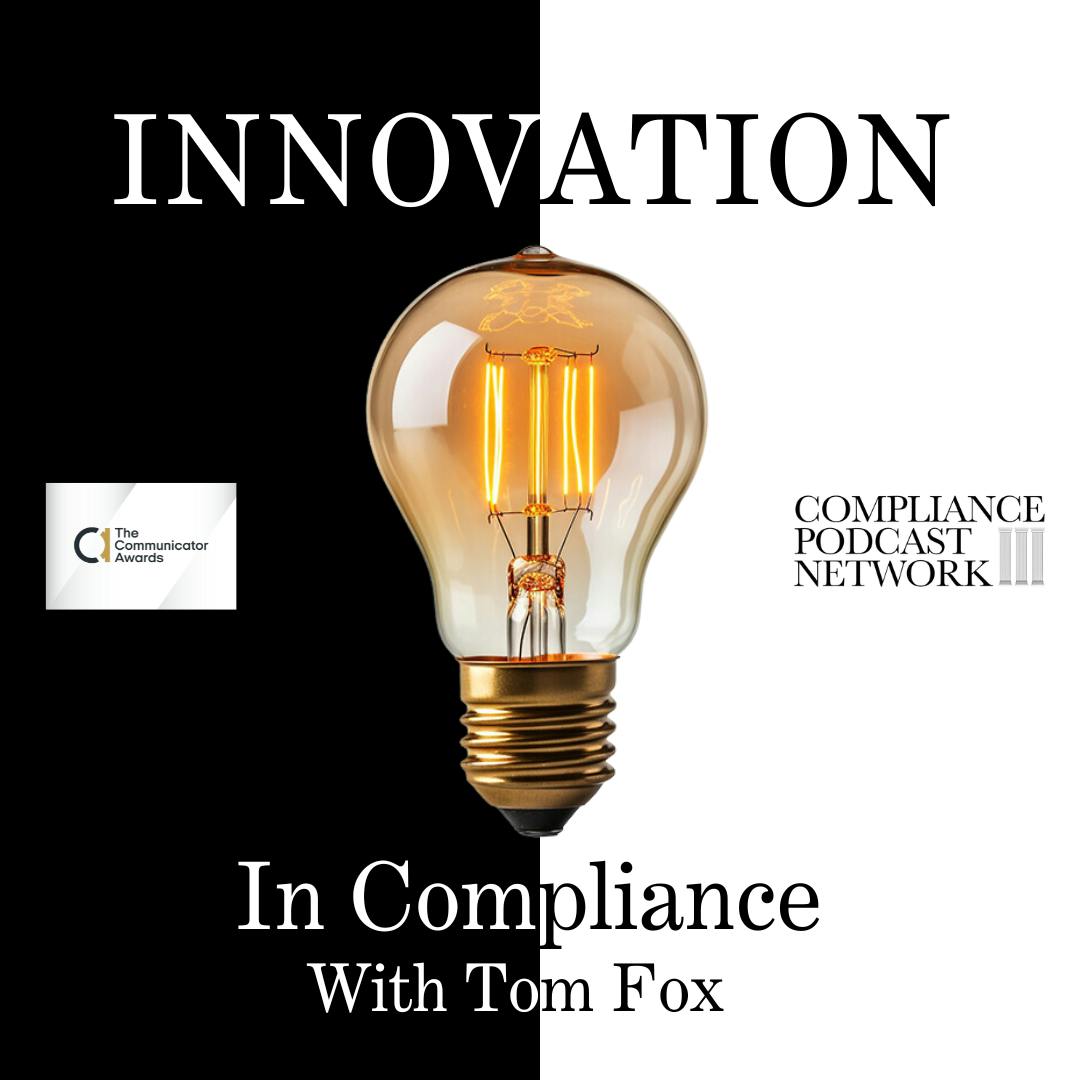Gamechanger 2- Make it Experiential
Description
There is not much I enjoy more than sitting down with one of the innovative thinkers in compliance, Carsten Tams to find out what is on his mind regarding compliance. I recently had the opportunity to do so on the topic of making compliance training memorable. Over this short five-part series we will introduce the problem and challenges and then provide you with four proven strategies for success in your compliance training. In this Episode 3, we discuss the concept of experiential learning as a gamechanger to enhance overall learning scope, motivation, retention and transfer; emphasizing its importance over conventional learning methods.
Experiential learning means learning by doing. When we are passive learners in front of a screen, clicking on the forward button or checking boxes, learning remains shallow. Experiential ethics learning is not simply about feeding abstract information about an ethics topic into learners’ minds. It is instead about the tight coupling of thinking with doing. An experiential learning activity is about posing a problem that is relevant to the learner. It is then up to the learner to tap into their existing knowledge, to use their ingenuity and creative problem-solving skills to find a feasible solution for the problem at hand.
Using practical examples, Carsten explains how experiential learning engages learners in problem-solving and hands-on experiences, leading to better retention and application of knowledge. They explore the historical roots of the concept, drawing from thinkers like Aristotle, Confucius, John Dewey, and modern cognitive research. The discussion also covers ways to implement experiential learning in organizational settings, addressing potential concerns about documenting these methods for regulatory compliance.
Highlights and Key Issues Discussed
· Introduction to Experiential Learning in Compliance and Ethics Training
· Exploring the Basics of Experiential Learning
· Applying Experiential Learning in Compliance and Ethics
· Historical Context and Theoretical Foundations of Experiential Learning
· Practical Implementation and Documentation for Compliance Professionals
Resources
Carsten Tams on LinkedIn
Emagence Consulting
For Additional Reading
· Dewey, J. (1938). Experience and education. New York: Simon and Schuster.
· Kolb, D.A. (2015). Experiential Learning: Experience as the Source of Learning and Development, 2nd Ed. New York, NY: Pearson.
· Burch, G. F., Giambatista, R., Batchelor, J. H., Burch, J. J., Hoover, J. D., & Heller, N. A. (2019). A Meta‐Analysis of the Relationship Between Experiential Learning and Learning Outcomes. Decision Sciences Journal of Innovative Education, 17(3), 239–273. doi:10.1111/dsji.12188
Tom Fox
Instagram
Facebook
YouTube
Twitter
LinkedIn
More Episodes
Innovation comes in many forms, and compliance professionals need to be ready for it and embrace it. Join Tom Fox, the Voice of Compliance, as he visits with top innovative minds, thinkers, and creators in the award-winning Innovation in Compliance podcast. In this episode, host Tom Fox is joined...
Published 11/19/24
Innovation comes in many areas, and compliance professionals must be ready for and embrace it. Join Tom Fox, the Voice of Compliance, as he visits with top innovative minds, thinkers, and creators in the award-winning Innovation in Compliance podcast. Host Tom Fox takes things differently in this...
Published 11/12/24
Published 11/12/24


